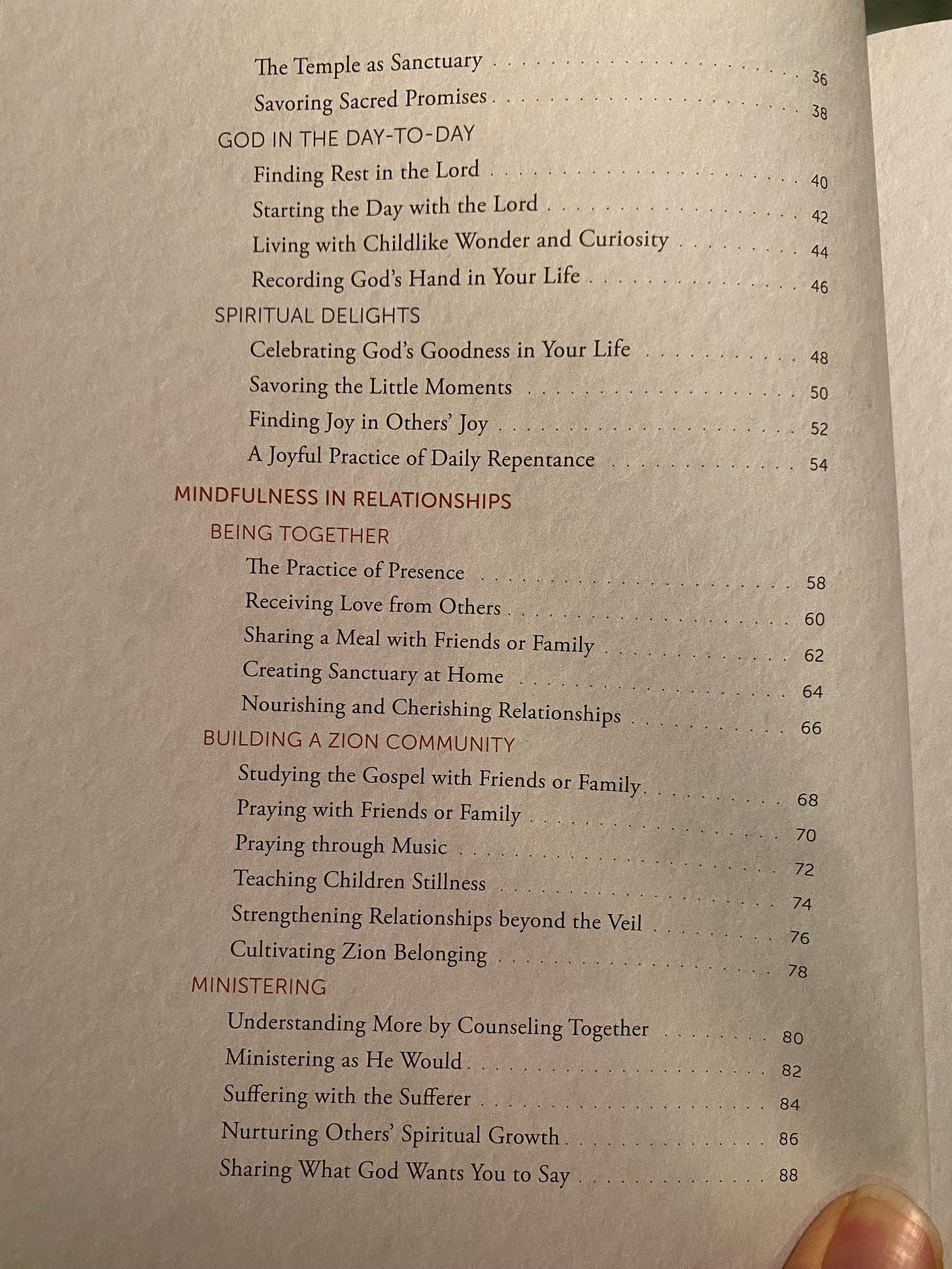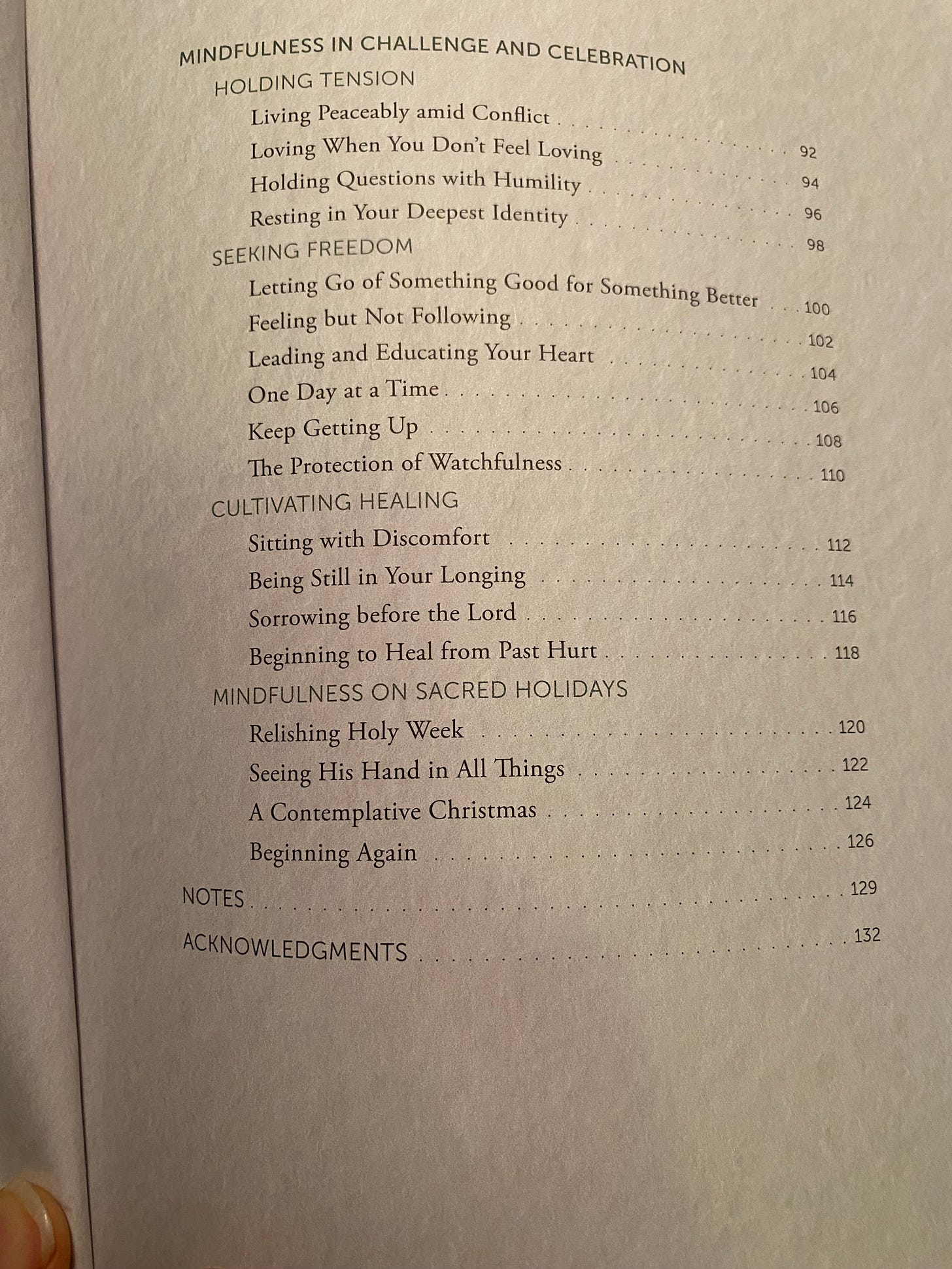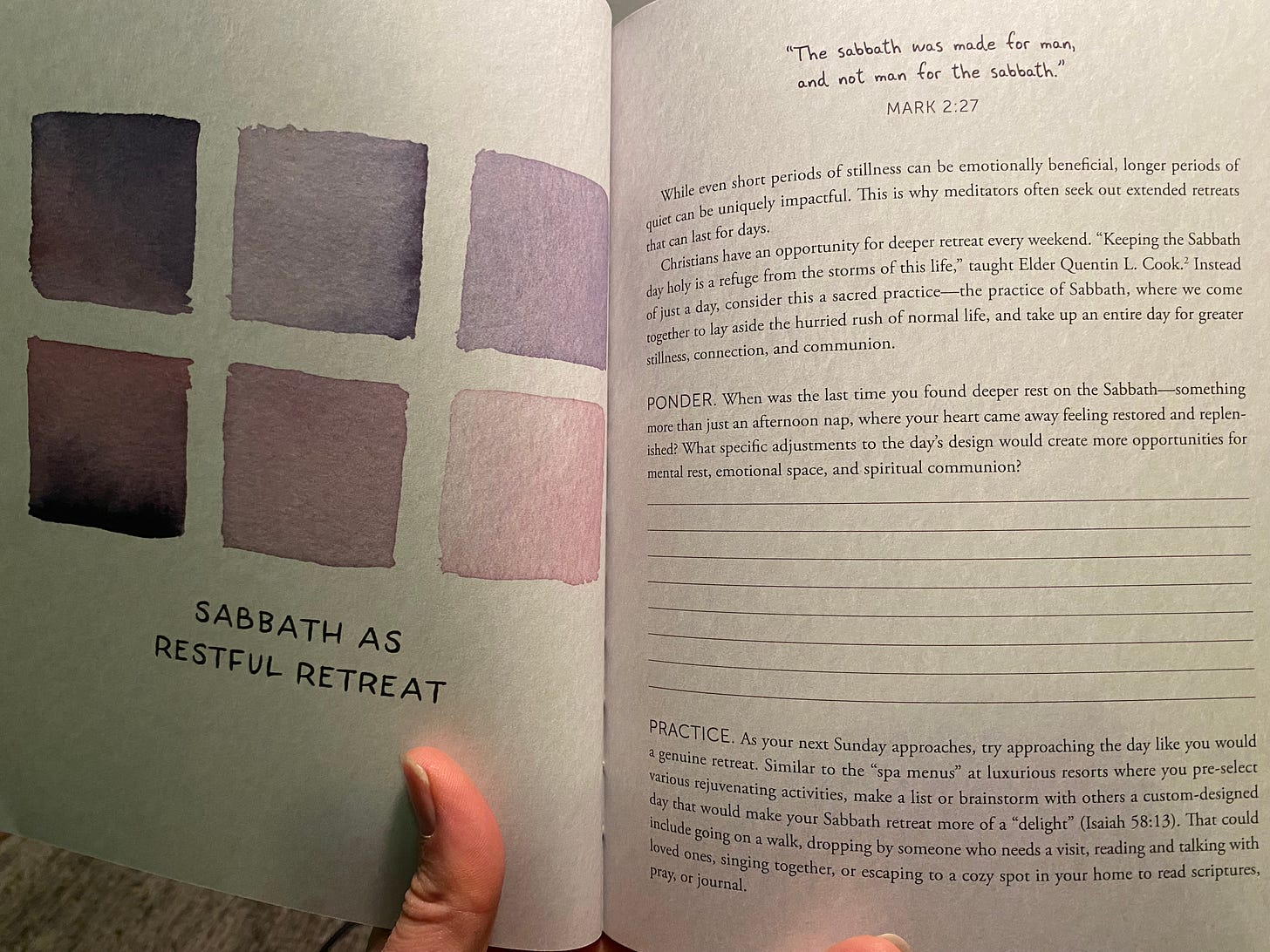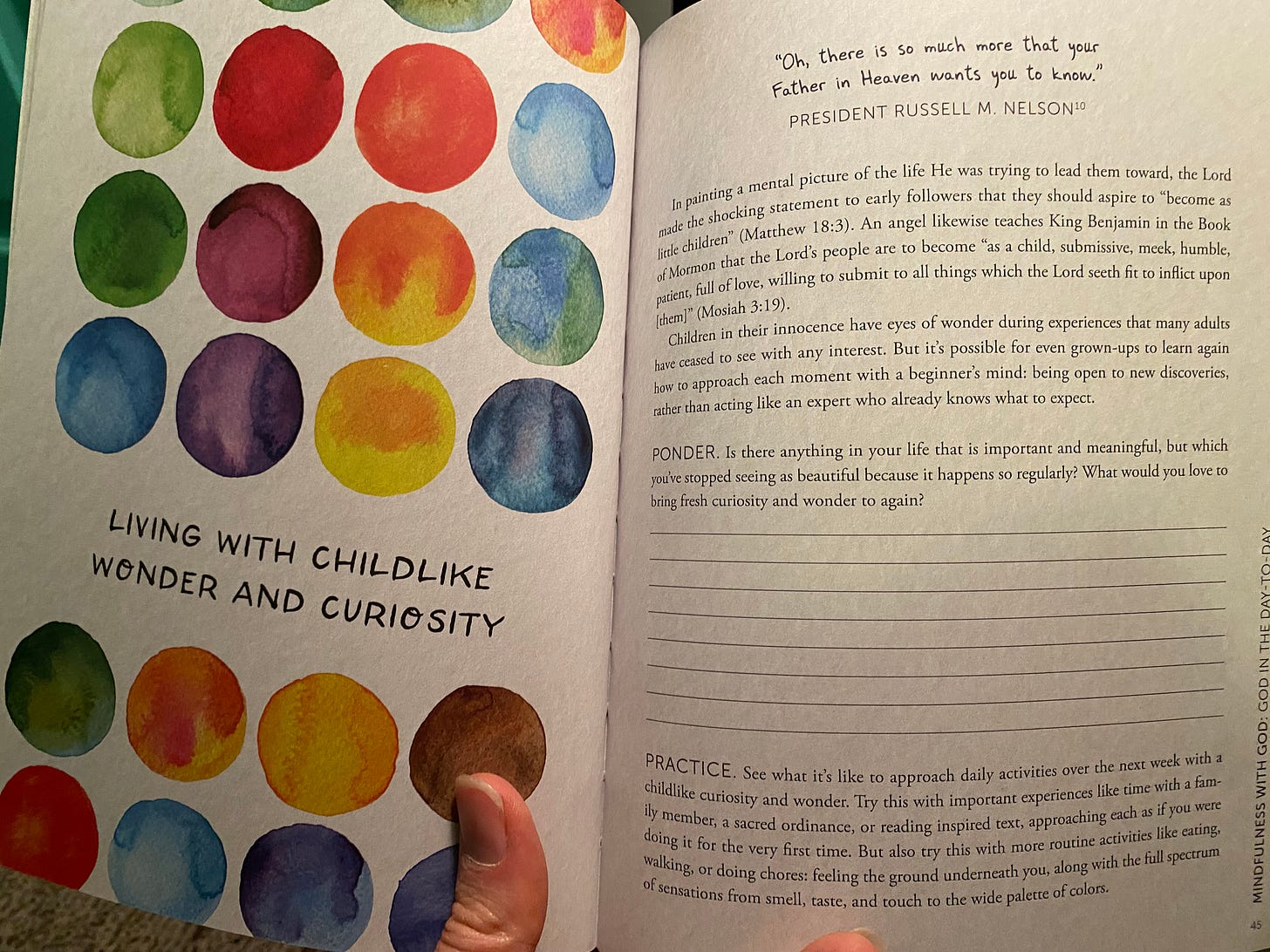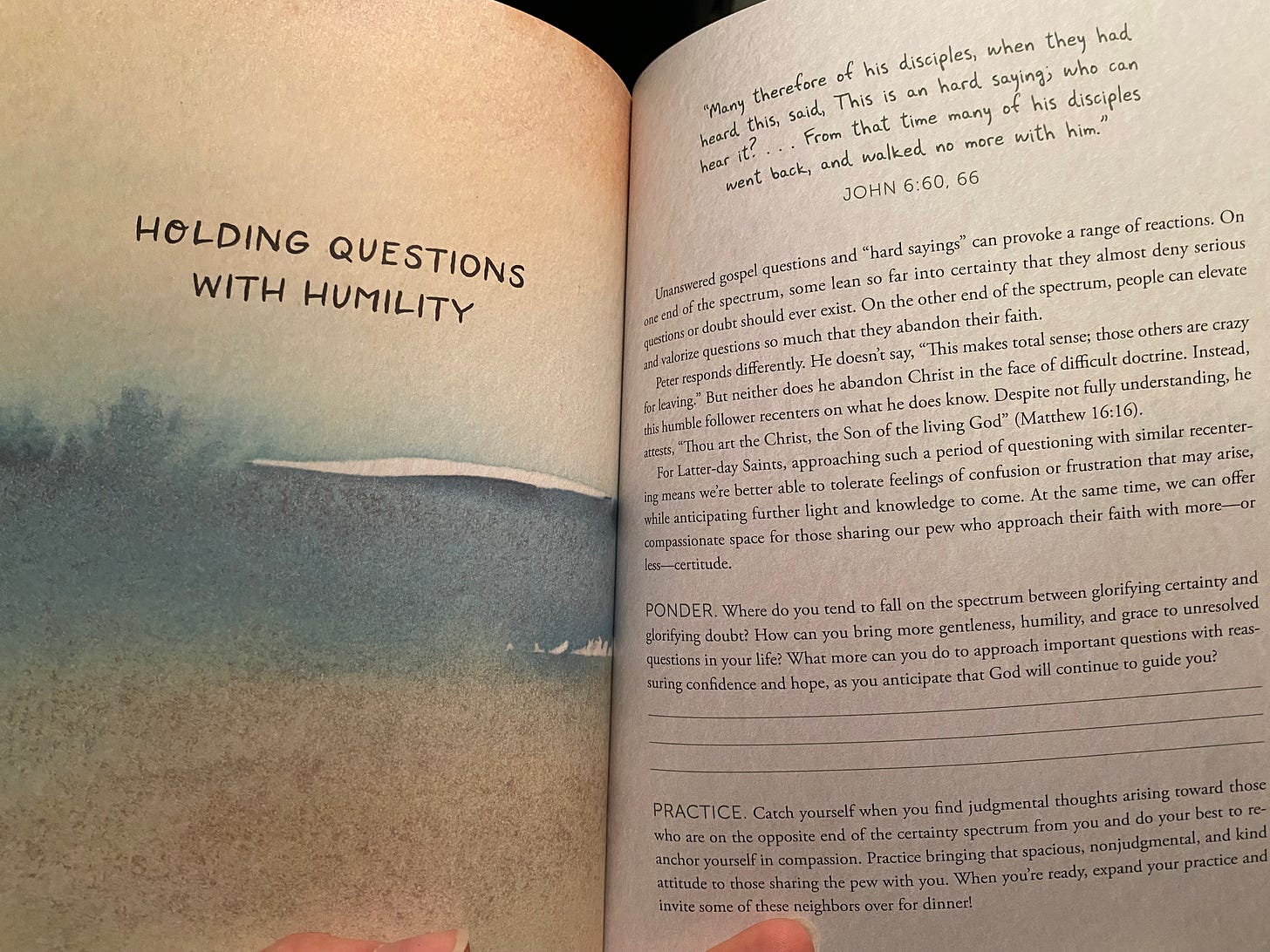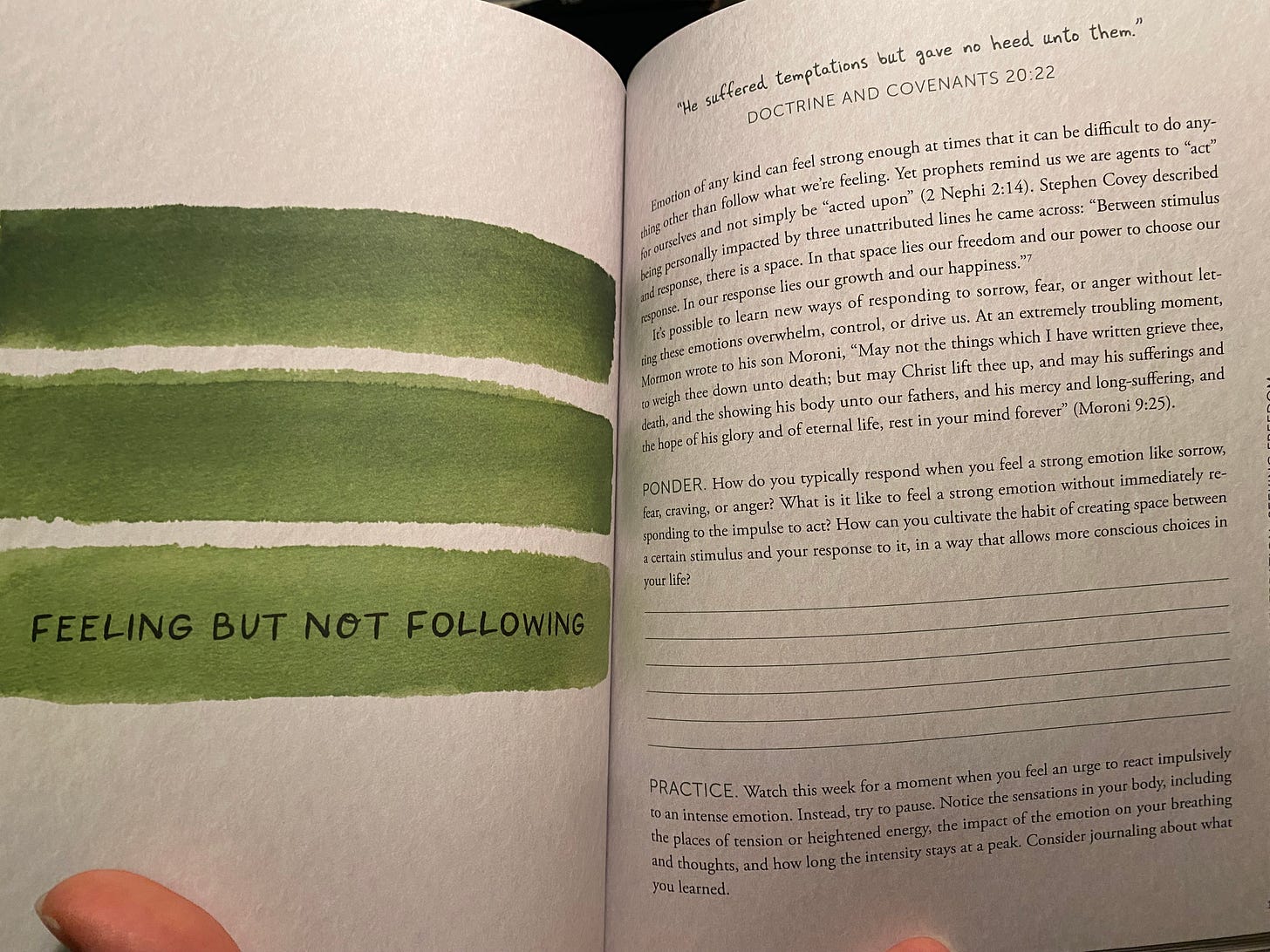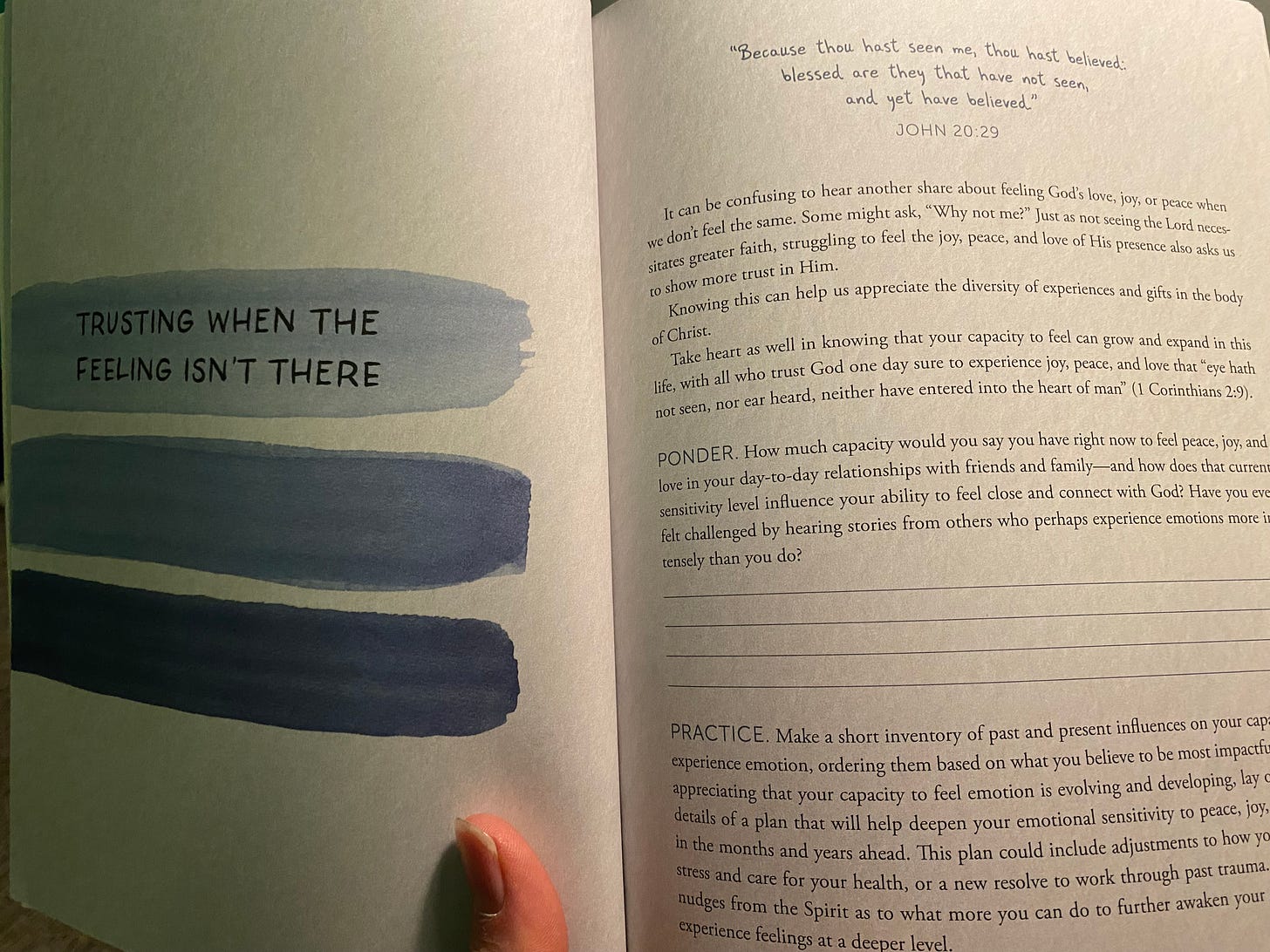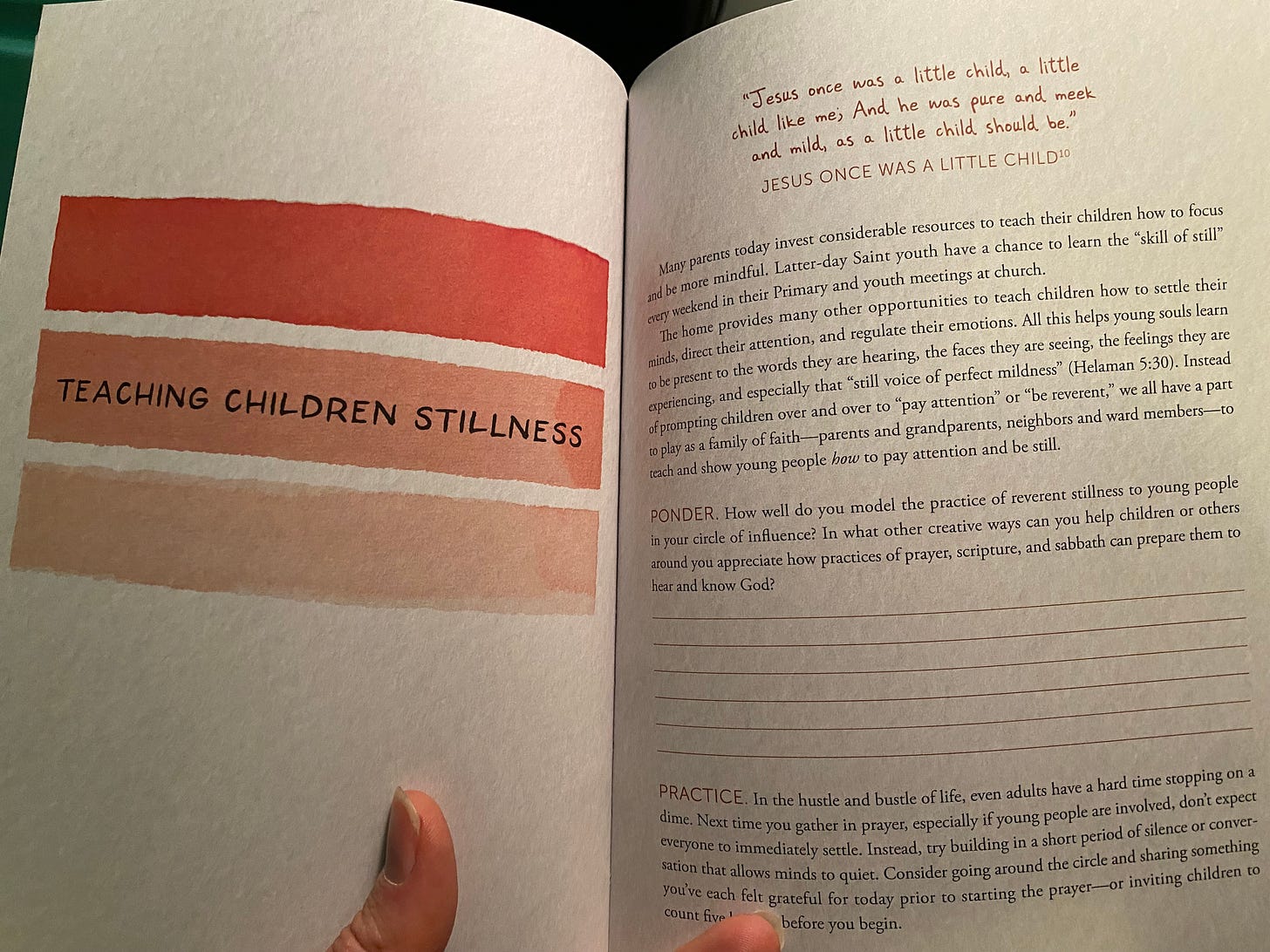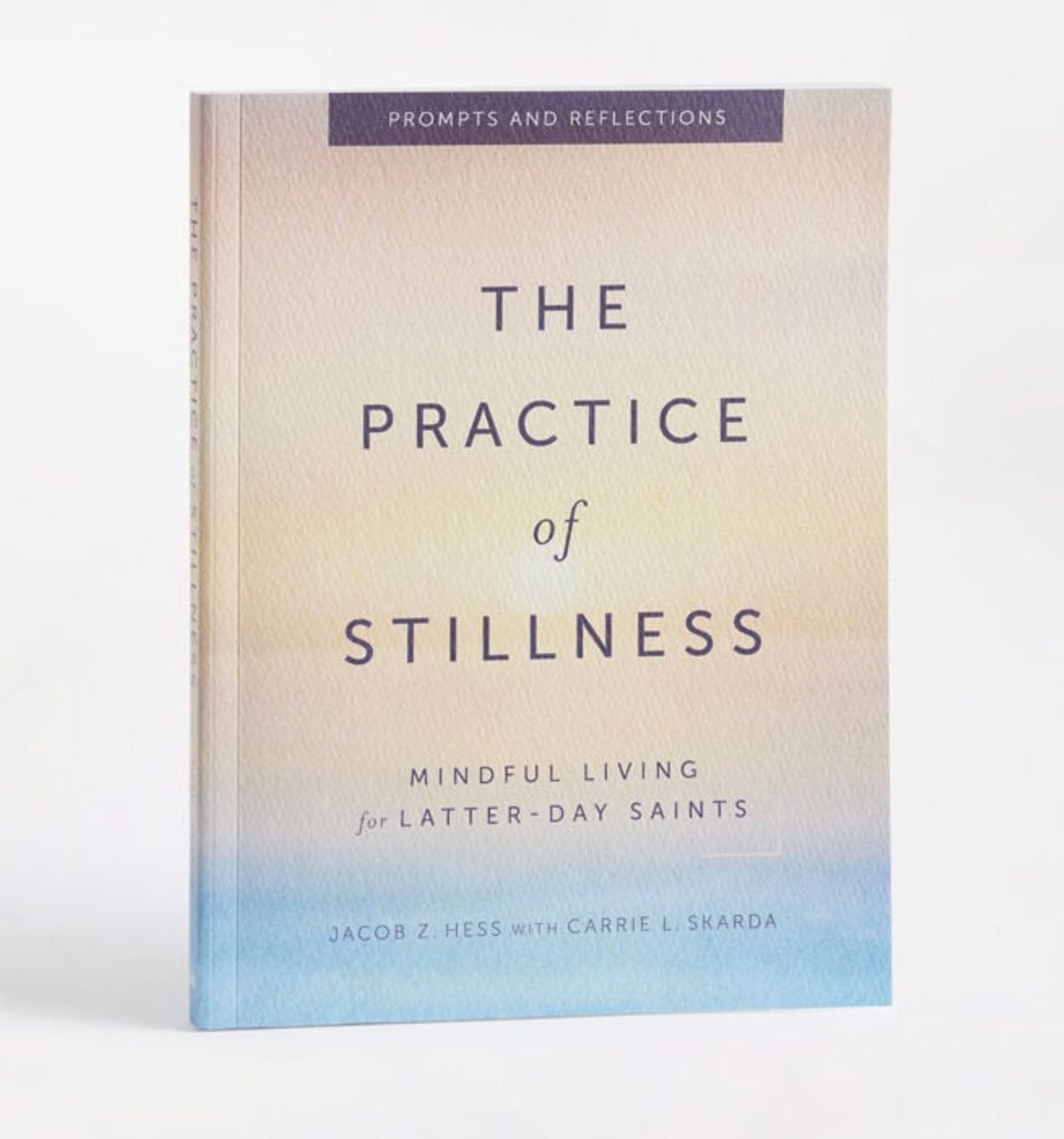'How silently, how silently, the wondrous gift is given'
Finally released this month, "The Practice of Stillness" with Carrie Skarda aims to help people find something and Someone we could easily miss if we're too darn rushed.
“Our Coming Savior: Bethlehem,” licensed from The Skit Guys
In the car the other day, my sometimes-angelic boys burst into singing “Hark the herald angels sing, peace on earth, and mercy mild, God and sinner reconciled.”
“Hold on, what does ‘mercy mild’ mean, guys?” I asked. “I don’t remember using that word ‘mild’ even once in all my writing. Yet it comes up twice in this single hymn: “Mild He lays His glory by; Born that man no more may die; Born to raise the sons of earth; Born to give them second birth.”
And then again,“All is calm, All is bright, Round yon Virgin, Mother and Child Holy Infant so Tender and mild.” (Silent Night)
When this isn’t being used to describe baby Jesus (Thou Holy Jesus Meek and Mild) the word shows up in a number of other Christian hymns describing Mary as “mother mild.” While that gentle image could make sense for a mother holding a baby, it’s still a little curious why “mild” is being used to describe an almighty God with “light and life to all He brings”?
One pastor suggests this repeated usage of “mild” is mostly because the word rhymes with “child” - arguing that a better substitute would be “mercy wild,” reflecting a God who he says loves us “so extravagantly” and with a heart that is “uncontained, uncontainable, always spreading out to touch more and more lives.”
Meek, mild and mighty
Although this cleric makes a good point, I think he is missing something - the same thing so many believers today can miss: a profoundly countercultural gentleness with which almighty God does his work in us, around us and through us.
How silently, how silently, the wondrous gift is giv'n! So God imparts to human hearts the blessings of His heav'n. No ear may hear His coming, but in this world of sin, where meek souls will receive Him still, the dear Christ enters in.
“Have you ever considered how odd and peculiar it is to celebrate the God of the universe as a helpless infant?” my friend Meagan Koehler writes this weekend in anticipation of Christmas. “Christ’s humble beginnings and life of submission tell the story of a world saved through meekness rather than might.”
She goes on to suggest that “the counterintuitive message of God’s condescension is that sometimes the best way to influence others is by giving up power; that sometimes it’s better not to fight for what’s right, but to do what is right by turning the other cheek. Fighting for truth has its place, but are we also willing to live truth by loving, serving and forgiving enemies?”
“If not, perhaps we’d also have missed the Jesus who lay helpless in an ancient stable because he wasn’t the kind of god we’re looking for.”
Becoming ‘peaceable’
I’ve sensed disappointment among some fellow believers when faith leaders don’t talk with Tucker Carlson-style boldness about problems facing society today. How grateful I am that they don’t! And that there’s a clear model for another way of living - one gentle, merciful, and yes mild - the “peaceable followers of Christ” as Moroni called them at the bitter, bloody end of the Book of Mormon.
Four years ago, Carrie Skarda, Ty Mansfield and Kyle Anderson released “The Power of Stillness” that explored different ways mindfulness can show up in a life of faith (written especially for a Latter-day Saint context, the book explores aspects of contemplative Christianity applicable to all followers of Jesus and broader mindfulness truths embraced by Buddhist and secular practitioners alike).
In our new book “The Practice of Stillness” Carrie and I go deeper into concrete ways that a wide variety of gospel practices could become opportunities for stillness and contemplation:
The bigger point is much the same as the first book: Rather than seeing the many parts of gospel living as “more things to do,” what if we could see them as a life filled with excuses to stop, be still and commune with the living God?
The difference is we get into more details here of what thee various gospel practices would look and feel like if we did find stillness in all of them, sharing specific teachings, questions and prompts for anyone else hoping to reach for more of the same.
Very grateful to Deseret Book for all the support in getting this follow-up book out. Kristen Evans and Allison Palmer were phenomenal editors - Carrie and I can’t speak of them highly enough.
A heart at war, a heart at peace
As a final aside, I know not everyone who reads this email is a friend. There’s a lot of venom that comes at the Deseret News faith team - with a vitriol in the comment section that always makes me sad. Some seem to see themselves as having a special calling to camp out on the comment threads at Deseretnews.com, and hit back as hard as moderators will allow. Others take upon themselves to email their displeasure to me personally.
I want to speak to you directly for a moment, if you’re still listening. I obviously don’t know all the reasons you are frustrated and hurting, but I can guess at many of them. What I do know for sure, from my own experience, is what it feels like to have resentment take over and occupy my heart day after day. I know the ‘righteous visions’ so easy to conjure up day after day to justify that resentment - always looking for more evidence to justify it.
Please don’t allow that to become your life and future. We all have moments where we fall into that. I know I do. But we can’t stay there. It’s a place of suffering and darkness - and it’s a place that can metastasize like an emotional cancer until it shapes our whole worldview and drives major decisions about faith and family. I’ve felt those same temptations myself, especially in the last couple of years of dwindling decency.
It’s a daily practice for me to keep my heart away from that kind of darkness - anger, lust, despair and fear. I’ve felt more love, joy and peace this year than ever in my life, despite what we’re facing as a family. As part of this daily practice, I try to pray for my critics and even some I consider enemies. And I have written peacemaking letters previously to some I’ve directly critiqued and their followers.
One thing I’ve been realizing lately is that many of these people simply haven’t had the same experiences with God in their own hearts and minds than I have. If someone like Julie Hanks really hasn’t experienced the power of the gospel as a woman, I wrote earlier this year, can we blame her for being critical?
As Joseph Smith might say, “if I had not experienced the power and love of God poured out in this church - to me and through me - I would not believe it myself.”
More than we realize, I think past traumas can sometimes get in the way of having these kinds of new experiences. May you stay open to experiences this Christmas season and into the new year that surprise you, change you, and hold the promise of making “all things new.”
Past Christmas pieces
Jimmy Stewart was worried about losing the true spirit of Christmas too (2023, Deseret News)
And this amazing one from Meagan this weekend! Christmas invites us to be soft, instead of just strong (2024, Deseret News)
The Joy of Creating Joy (2023, PSM)
Anguishing at America’s Future? Let Christmas Console You (2019, PSM)





